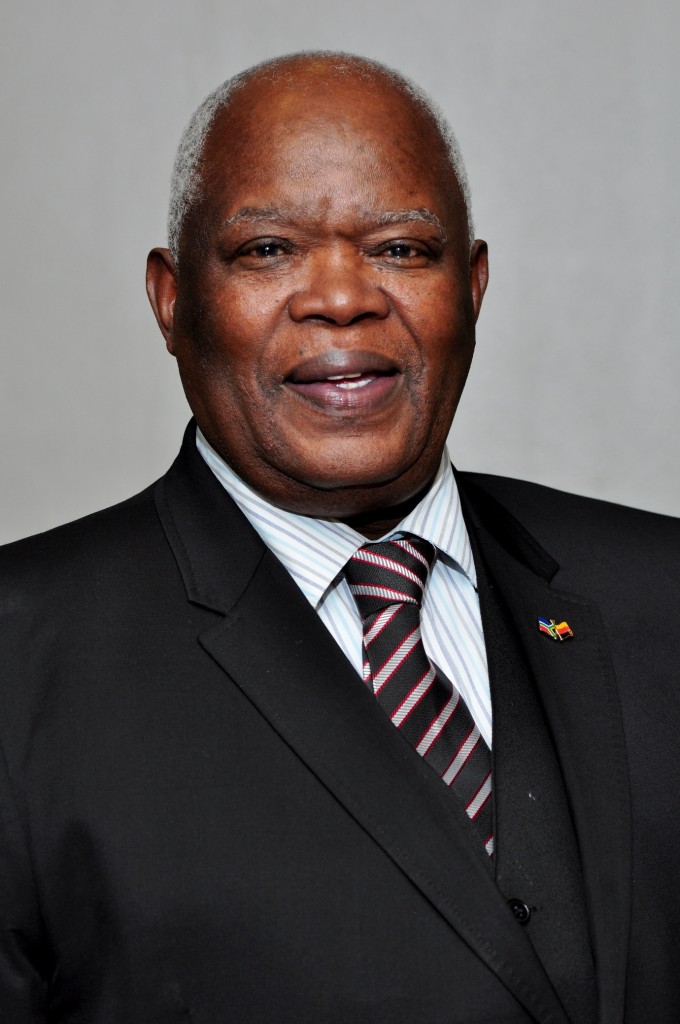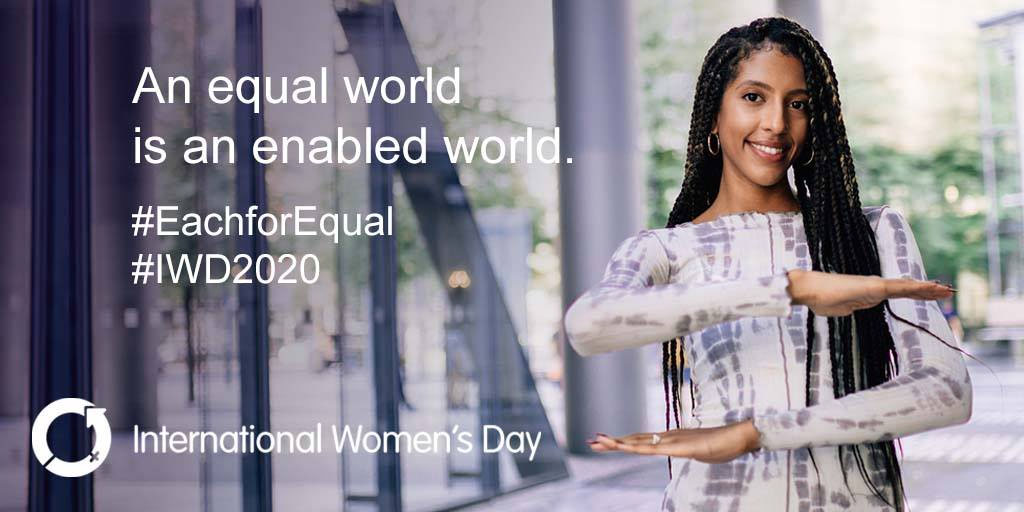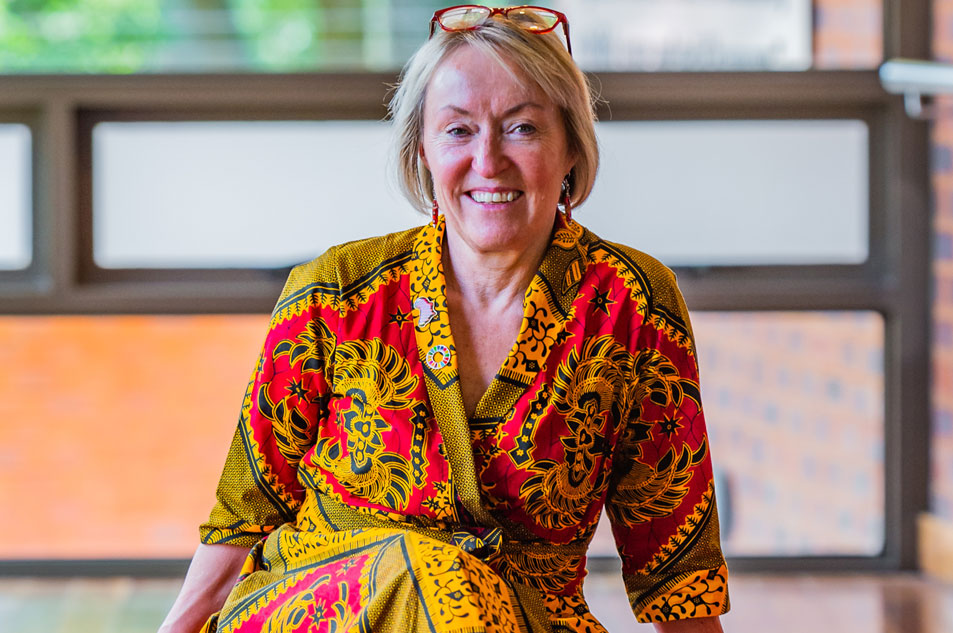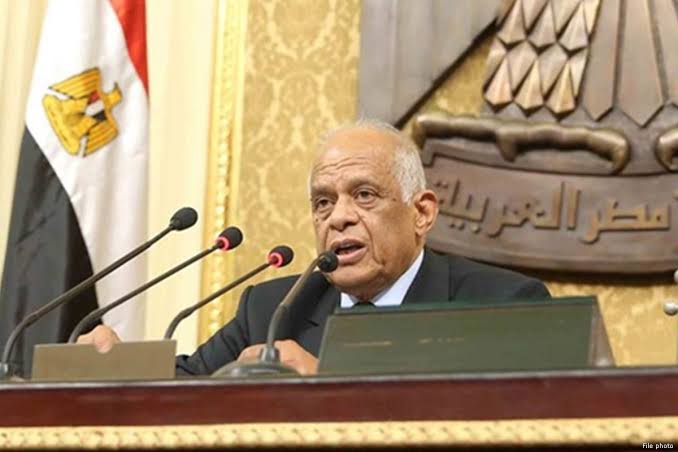Investment in Tourism Sector Shields African Economies from Global Slowdown
African economies are most likely to be lightly disrupted by the global economic slowdown occasioned by a potpourri of issues ranging from fallouts of United States trade war with China, the crude oil price bottom out and the Covid-19 virus pandemic. Though the severity of the impact of coronavirus on China’s growth prospects will hold major implications for Africa given the continent’s close ties to China, the broader impact will also be exacerbated if efforts to contain the outbreak prove inadequate, thus extending both the reach and duration of the shock. This is according to the Institute of Chartered Accountants in England and Wales’ (ICAEW) latest report, Economic Update: Africa Q1 2020.

The accountancy body provides GDP growth forecasts for various regions, including East Africa which is set to grow by 6%, West and Central Africa at 3.1%, Franc Zone at 4.9%, and Southern Africa at 1.3%. The report, commissioned by ICAEW and produced by Oxford Economics, underscores the role of economic diversity in weathering the storm of an impending global recession.
According to the report, Africa’s medium-term tourism prospects remain promising, supported by improvements in infrastructure, better air transport connectivity and easing visa regulations. Regional powerhouses South Africa and Angola continue to weigh on Southern Africa’s prospects: the region’s growth remains sluggish at 1.3% in 2020, with risks firmly stacked to the downside. Power outages are taking a toll on the South African economy, and fiscal pressures mean the country could well lose its investment-grade credit rating. Angola’s real GDP, meanwhile, looks to have contracted for a fourth straight year in 2019.
Read also:Dangote Foundation Donates Towards Fight Against Coronavirus in Nigeria
Speaking during the launch of the latest report, Michael Armstrong, ICAEW’s regional director for the Middle East, Asia and Africa, said: “Uncertainty around global developments remains especially elevated as we head into the new decade. The easing of trade tensions between the US and China lowers downside global GDP and trade growth risks. However, new challenges have surfaced. Mounting geopolitical tensions, especially relating to the stand-off between the US and Iran, have soured investor sentiment and provided a temporary boost to global oil prices.” said Mr. Armstrong. “Africa’s medium-term tourism prospects remain promising, supported by improvements in infrastructure, better air transport connectivity and easing visa regulations,” he added.
Read also:First Coronavirus Case In Sub-Saharan Africa Confirmed In Nigeria
East Africa remains the development hotspot of the continent, with growth projected to be at by 6 per cent in 2020. Although regional growth is now clearly decelerating, East Africa still boasts some of the fastest growing economies globally. Rwanda, for instance, recorded growth of 10.9% year-on-year during 2019 Q1-Q3, with public investment stimulating industry and rising consumption supporting the blossoming services sector.
Certain West African countries also warrant mention in this regard, especially the likes of Côte d’Ivoire and Senegal. Unfortunately, the sluggish performance of the Nigerian economy continues to weigh heavily on West and Central Africa’s prospects, with regional growth seen rising only marginally to 3.1% in 2020. Low oil prices raise the risk of additional foreign exchange restrictions being imposed. Such restrictions, along with the protectionist policies pursued by Abuja (most recently illustrated by a decision to shut Nigeria’s land-based borders), prevent economic activity from gaining more traction.
Read also:Africa Records First Coronavirus Victim in China
Although political and security risks remain elevated in that region, North Africa’s growth is projected to pick up more strongly, rising from 3.1% in 2019 to 3.7% in 2020. The Egyptian economy continues to expand at an impressive pace, and growth in Morocco and Tunisia is projected to rebound in 2020 following lacklustre agricultural performances in both countries last year. Tunisia, in particular, faced significant challenges, with growth estimated at a mere 1.3% in 2019. Aside from a marked slowdown in agricultural growth, frequent protests and weaker external demand contributed to a slump in industrial activity. This was, however, partly offset by a strong rebound in tourist arrivals.
Kelechi Deca

Kelechi Deca has over two decades of media experience, he has traveled to over 77 countries reporting on multilateral development institutions, international business, trade, travels, culture, and diplomacy. He is also a petrol head with in-depth knowledge of automobiles and the auto industry



















